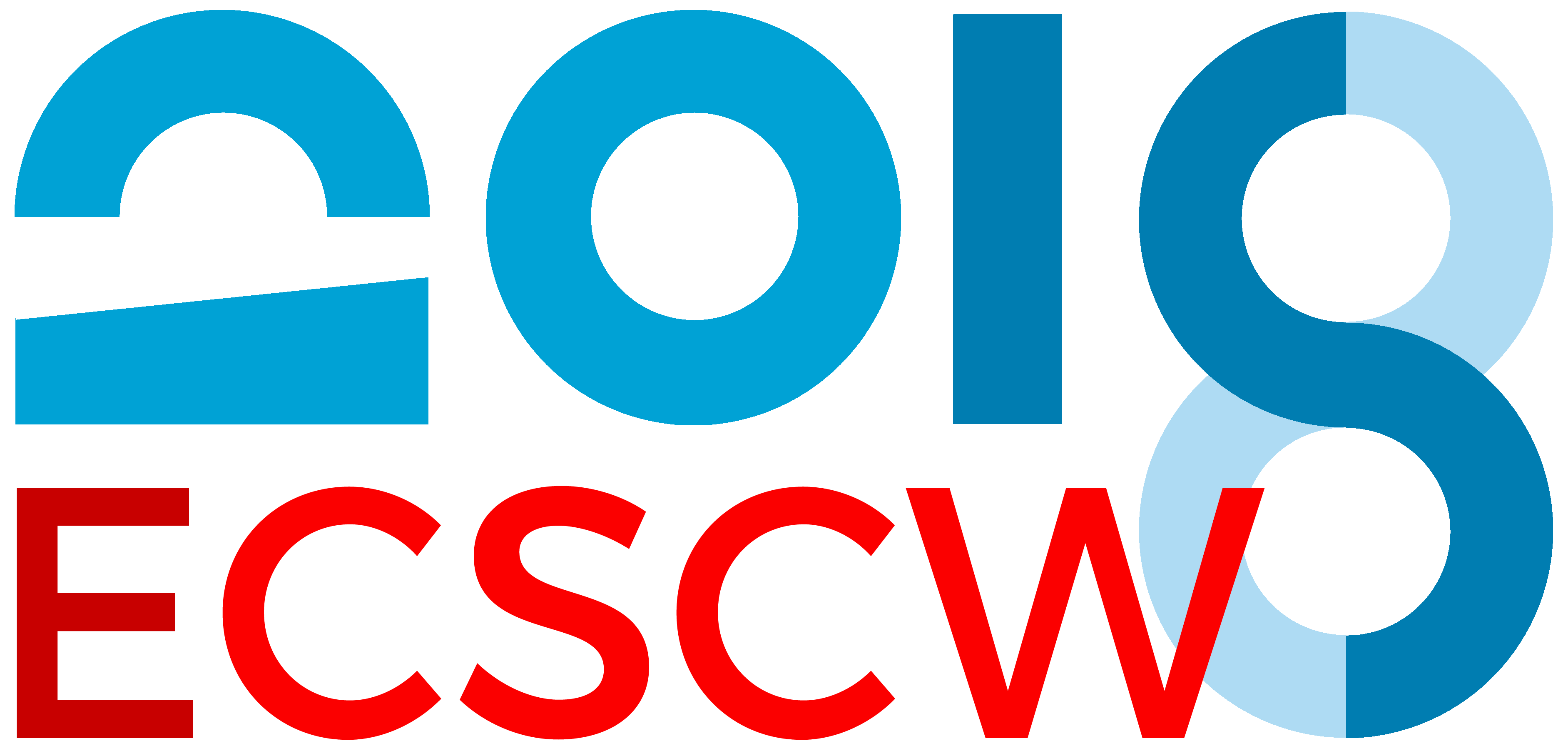Since its advent, the CSCW field of research has been concerned with making computer science more relevant to societal problems in the real world. In particular, CSCW researchers have been trying to grasp a better understanding of the relationships between societal change and technology design, especially on a micro level, so to design meaningful IT artefacts to support the actors involved in specific tasks. Put it in another way, practice-based computing has been consistently at the heart of CSCW research, with researchers pursuing design-oriented investigations on the often-complex interaction between social practices and the design of IT artefacts. With the progress of the years, a new research paradigm has been developed, based on a set of theoretical, conceptual and empirical commitments. The concept of “practice” and, not least, practice-based computing, has been central and instrumental to this research paradigm. Many and various scholars have been influential to this movement, which has shaped and been shaped by the interests of the CSCS field.
This master class targets young researchers, interested in a design-oriented understanding of the concept of social practice and its meaning to CSCW. Drawing on many and various design interventions, also known as Design Case Studies, it will demonstrate how socially embedded applications of information technology challenge and change practices, thus requiring the elaboration of design practice artefacts that allow for anticipating use practices and evaluative methods which afford grasping the inspirational creativity of such practices. It will introduce Design Case Study as a research framework to accomplish such a design-oriented understanding of social practices, to develop innovative useful and usable technology and investigate its appropriation in the wild. Finally, it will engage participants in this intellectual and emotional challenge, which has been gearing CSCW research and prepare them to contribute to it.
Organiser: Volker Wulf
Volker Wulf is Professor of Cooperation and Media Systems at the University of Siegen and Managing Director of the School of Media and Information (iSchool) of the same university. In addition to that, he is the Head of the Business Field of User-oriented Software Engineering (USE) at the Fraunhofer Institute for Applied Information Technology (FhG-FIT) in Sankt Augustin. He is also member of the CHI Academy, being elected for the position due to his outstanding research contributions to the CHI and CSCW fields of research.
He holds a double degree in Computer Science and Business Administration from the RWTH Aachen and the University of Paris VI, and PhD from Dortmund University. His studies have been followed by a number of visiting and deputy professorships at the Universities of Hamburg and Freiburg. After completion of his Habilitation degree at the Faculty of Computer Science of the University of Hamburg, he spent a research stay at Massachusetts Institute of Technology (MIT). As a Fulbright Scholar, he spent a sabbatical semester at the University of Michigan, Ann Arbor, and Stanford University, Palo Alto, in 2006/7. Since 2011 he has officiated as Dean of Faculty III (School of Economic Disciplines) at the University of Siegen.
His research interests lie primarily in the area of IT system design in real-world contexts. This includes the development of innovative applications from the areas of cooperation systems, knowledge management and community support. One special focus lies on flexible software architecture which can be adapted by end-users. Further research focuses on methods of user-oriented software development and introduction processes.
Volker Wulf is author of more than 250 publications, which have been internationally peer-reviewed. These include the books Expertise Sharing: Beyond Knowledge Management and Social Capital and Information Technology (MIT Press Cambridge MA); End User Development (Springer Dordrecht); and, more recently, Socio-Informatics: A Practice-Based Perspective on the Design and Use of IT Artifacts (Oxford University Press).




